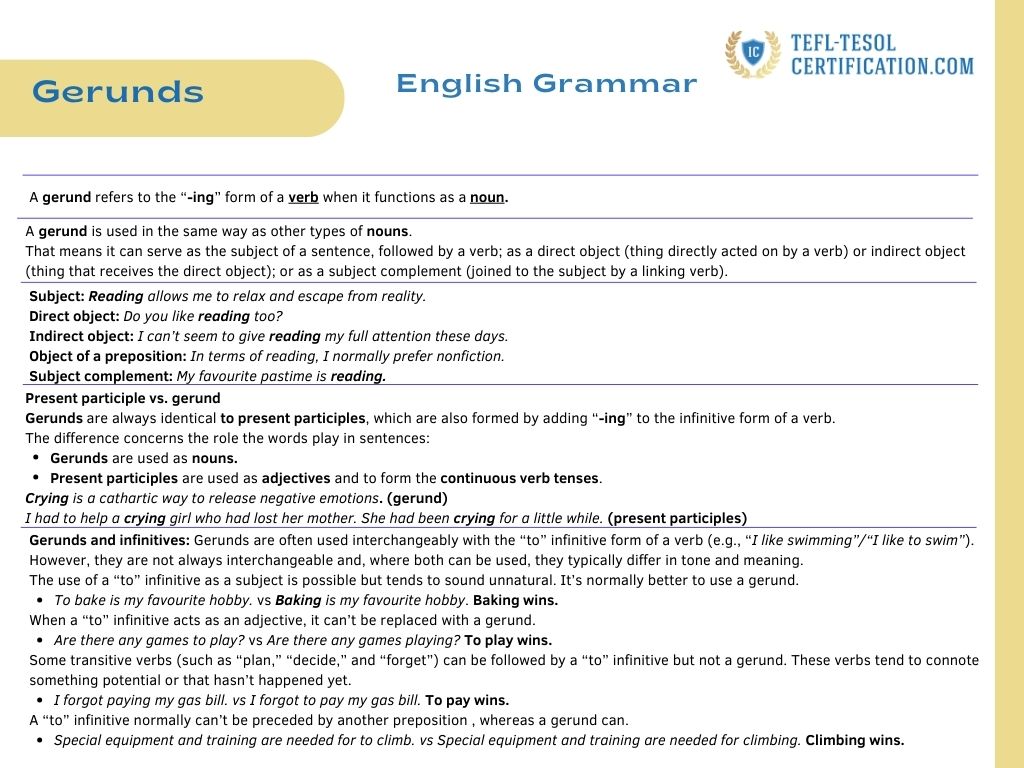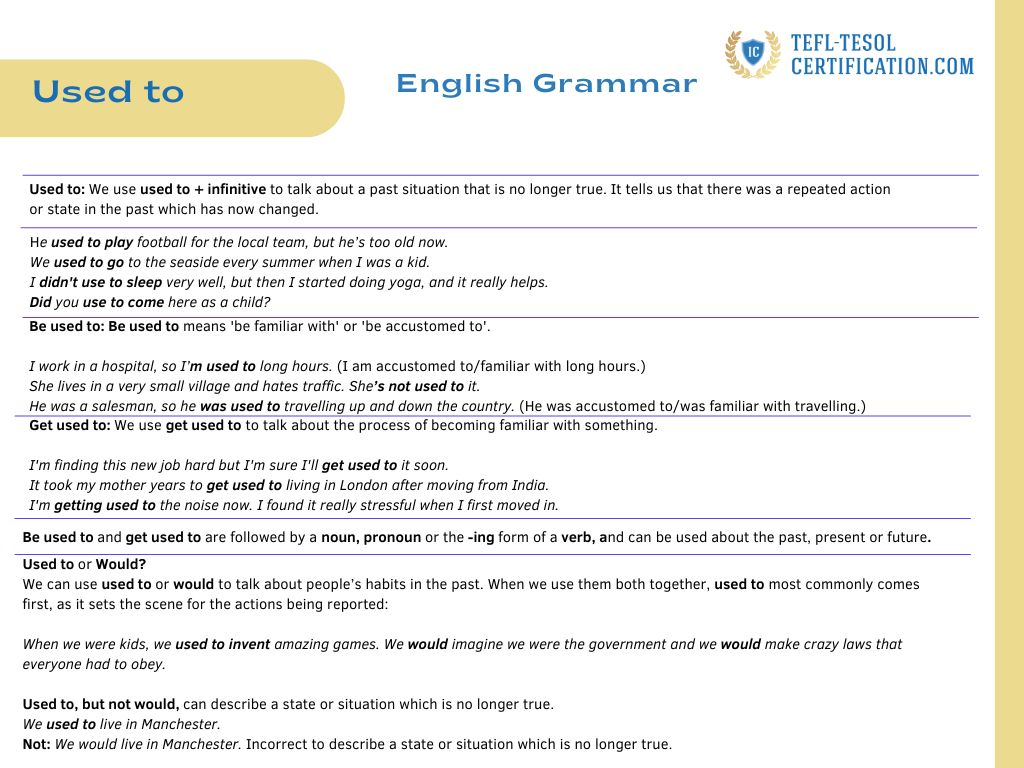Liked the article?
Share with friends!
Is hobby-topic English lesson an archaism? Hobby-related idioms to learn

There are many jokes buzzing around the relevancy of English classes. The main argument is that when you come to an English-speaking country, it becomes apparent that no one cares about your favourite food, colours, or hobbies. This is why questions arise: Do students still need hobby-themed lessons? Isn't it outdated?
These are valid questions for a productive discussion. In my opinion, yes, they are needed. However, it would be perfect to integrate a modern context into these lessons, incorporating real-life situations where students might require related vocabulary and grammar structures.
Let's imagine a situation: a newcomer is in an English-speaking country. To settle in, alleviate feelings of loneliness, and perhaps even avoid depression, it would be helpful to engage in social activities, such as joining craft workshops, participating in improv comedy clubs, or attending yoga or other sports studios. The goal is to enable real-life conversations in places like these.
It is a good opportunity to practise these structures and emphasize the differences between them:
- "Used to" + infinitive
- "Get used to"
- Using gerunds, which should also be a part of hobby-themed classes since it's natural to use gerunds when discussing pastimes like reading, swimming, dancing, etc.
An excerpt from my Grammar Brochure regarding these three points of English Grammar is below.
So, a real conversation might go like this:
A: "Hi, is this your first time at our studio?"
B: "Hi, yes! I used to practise yoga, but now I've decided to try Pilates."
A: "Oh, I think you'll love it, and I'm sure you'll get used to it in no time, even though you were into yoga."
B: "Fingers crossed."
Incorporating idioms into hobby-related lessons is also a great idea. Here are some idioms that your students would benefit from using in hobby-related conversations.
- Enjoy a cup of joe
The idiom “enjoy a cup of joe” means to drink coffee.
Hobby-related examples of sentences with this idiom:
- After a long day of hiking in the mountains, I like to unwind and enjoy a cup of joe by the campfire.
- When I'm working on my model train collection, I often take breaks to enjoy a cup of joe and recharge my creativity.
- Gardening is my favorite hobby, and there's nothing more relaxing than tending to my plants with a steaming cup of joe in hand.
- As a bookworm, I love to curl up with a good novel and enjoy a cup of joe on lazy Sunday afternoons.
- During my painting sessions, I find that sipping on a cup of joe helps me stay focused and inspired as I work on my art.
- A Barrel of Laughs
The idiom “a barrel of laughs” means very entertaining or funny.
Examples:
- Our weekly board game nights with friends are always a barrel of laughs, filled with laughter and friendly competition.
- Joining a local improv comedy group has been an incredible hobby; the performances are a barrel of laughs, and I've made great friends.
- Cooking and experimenting with new recipes have become my favorite hobby. Trying out different cuisines is not only delicious but also a barrel of laughs with my family.
- In my painting class, our instructor's humorous anecdotes make the sessions a barrel of laughs, creating a relaxed and enjoyable atmosphere.
- Collecting vintage comic books has turned into a barrel of laughs as I uncover hidden gems and share my passion with fellow enthusiasts at conventions.
- Keep It Low-key
When you keep things low-key, you avoid making it extravagant, elaborate, or overly flashy. Instead, you aim for simplicity, a lack of fuss, and a more laid-back atmosphere.
Hobby-related examples:
- For my woodworking hobby, I prefer to keep it low-key by crafting small, simple projects in my backyard workshop.
- Instead of extravagant vacations, I like to keep it low-key by exploring nearby hiking trails and enjoying the beauty of nature.
- My photography hobby is all about capturing everyday moments and scenes, so I prefer to keep it low-key and avoid elaborate setups.
- Gardening is my way to relax and keep it low-key; I find solace in tending to my plants and watching them thrive.
- When it comes to my stamp collecting hobby, I enjoy the simplicity of it. I keep it low-key by trading stamps with fellow enthusiasts online.
- Hang Out
"To hang out" is an informal and commonly used phrase that means to spend time with someone in a relaxed and casual manner, often in a social context.
Examples:
- Every Saturday, my friends and I hang out at the local park to play frisbee, combining our love for sports and spending time together.
- When I pursue my hobby of birdwatching, I often hang out in serene natural settings, patiently waiting for the perfect bird sightings.
- Our photography club members love to hang out at different scenic spots, capturing stunning shots and sharing photography tips.
- For my painting hobby, I enjoy hanging out with fellow artists in the community studio, where we create art and exchange creative ideas.
- Gardening is not just about plants; it's an opportunity to hang out with neighbors, swapping gardening stories and tips while beautifying our neighborhood.
- Have a ball
"Have a ball" is an idiomatic expression in English that means to have a great time or to enjoy oneself immensely during a particular event or activity.
Examples:
- Our weekly dance class is so much fun; we always have a ball learning new moves and grooving to the music.
- Playing board games with my family is a fantastic way to have a ball and bond with each other.
- I had a ball exploring new hiking trails in the mountains over the weekend; the scenery was breathtaking.
- Attending live music concerts is where I truly have a ball, immersing myself in the music and energy of the crowd.
- Model airplane enthusiasts often have a ball at airshows, watching impressive aerial displays and discussing their favorite aircraft with fellow hobbyists.
- In (One’s) Element
"In (one's) element" is an idiomatic expression that means a person is in a situation or environment where they feel comfortable, confident, and able to perform at their best.
Examples:
- When I'm on stage, singing and performing, I feel like I'm in my element; it's where I truly shine as a musician.
- As a nature photographer, I'm in my element when I'm out in the wilderness, capturing the beauty of the natural world through my lens.
- John is in his element when he's tinkering with his vintage car collection, restoring classic automobiles with passion and expertise.
- During our weekly chess matches, my friend Mark is in his element; he strategizes and plans his moves with absolute precision.
- For me, cooking is where I'm in my element; I love experimenting with new recipes and creating delicious dishes for friends and family to enjoy.
- Let (One’s) Hair Down
"To let one's hair down" means to relax and behave in a more informal or unrestrained manner than usual.
Examples:
- After a busy workweek, I like to let my hair down by playing my guitar and singing my favourite songs in the comfort of my home.
- Our weekly book club meetings are a chance for everyone to let their hair down, share their thoughts on the latest novel, and enjoy some good company.
- For my woodworking hobby, the workshop is where I can let my hair down and create unique pieces of furniture without any distractions.
- In our painting class, we're encouraged to let our hair down and express our creativity freely, resulting in a wide range of unique artworks.
- When I join my friends for a game night, it's all about letting our hair down, laughing, and enjoying some healthy competition over board games and snacks.
- Blow Away the Cobwebs
When someone feels like they have "blown away the cobwebs," it implies that they have shaken off mental fatigue, lethargy, or boredom and are now feeling more alert, energetic, and revitalized.
Hobby-related examples:
- When I go for my morning jog, it helps me blow away the cobwebs and start the day with a clear mind.
- Gardening is my go-to hobby to blow away the cobwebs after a long week; tending to my plants is therapeutic.
- As a photographer, capturing the beauty of sunrise by the beach is the perfect way to blow away the cobwebs and feel inspired.
- After a hectic day at work, I turn to my art studio to blow away the cobwebs by painting and letting my creativity flow.
- Taking my bicycle for a long ride in the countryside is a wonderful way to blow away the cobwebs and enjoy the fresh air.
Your students will be grateful for learning helpful idioms for daily conversations.
Let them work in pairs and practise conversations using new idioms, "used to," "get used to" structures, and gerunds.


Practising English lesson structures related to "used to" and "get used to" can help learners understand how to talk about past habits and adaptation to new situations. Here are some activities to practice these structures:
For "Used To":
Guess the Change: Provide students with a list of sentences about your past habits using "used to." Some sentences should be true, and others false. Have students guess which ones are true and which are false, and ask them to create their own sentences about their past habits.
Interviews: Pair students up and have them interview each other about their past habits or past hobbies using "used to." They should take turns asking questions and responding using this structure.
Storytelling: Provide students with a picture or a prompt related to a specific time in the past. They should take turns creating short stories or sentences about what they used to do during that time.
For "Get Used To":
Picture Description: Show students a picture of a different culture or environment. Have them discuss in pairs or small groups what challenges they might face when adapting to that culture/environment or new hobby and how they would get used to it.
Role-Playing: Create scenarios where students are placed in unfamiliar situations, such as moving to a new country and start their new hobby. They should role-play the process of getting used to their new surroundings, discussing challenges and solutions.
Sentences Completion: Provide incomplete sentences related to adapting to new situations. Students should complete the sentences using "get used to" and then share their sentences with the class.
Real-life Stories: Share personal stories or anecdotes about adapting to a new environment, culture, hobby, or job. Encourage students to ask questions and discuss how they would get used to similar situations.
These activities can be adapted to various proficiency levels, from beginner to advanced, and can help learners practice and understand the nuances of "used to" and "get used to" in real-life contexts.
To improve students' listening skills, give them an audio or video to listen to. Prepare a list of post-listening questions and let your students answer them. If your lesson time is short, you may assign this task as homework to be completed outside of class.
